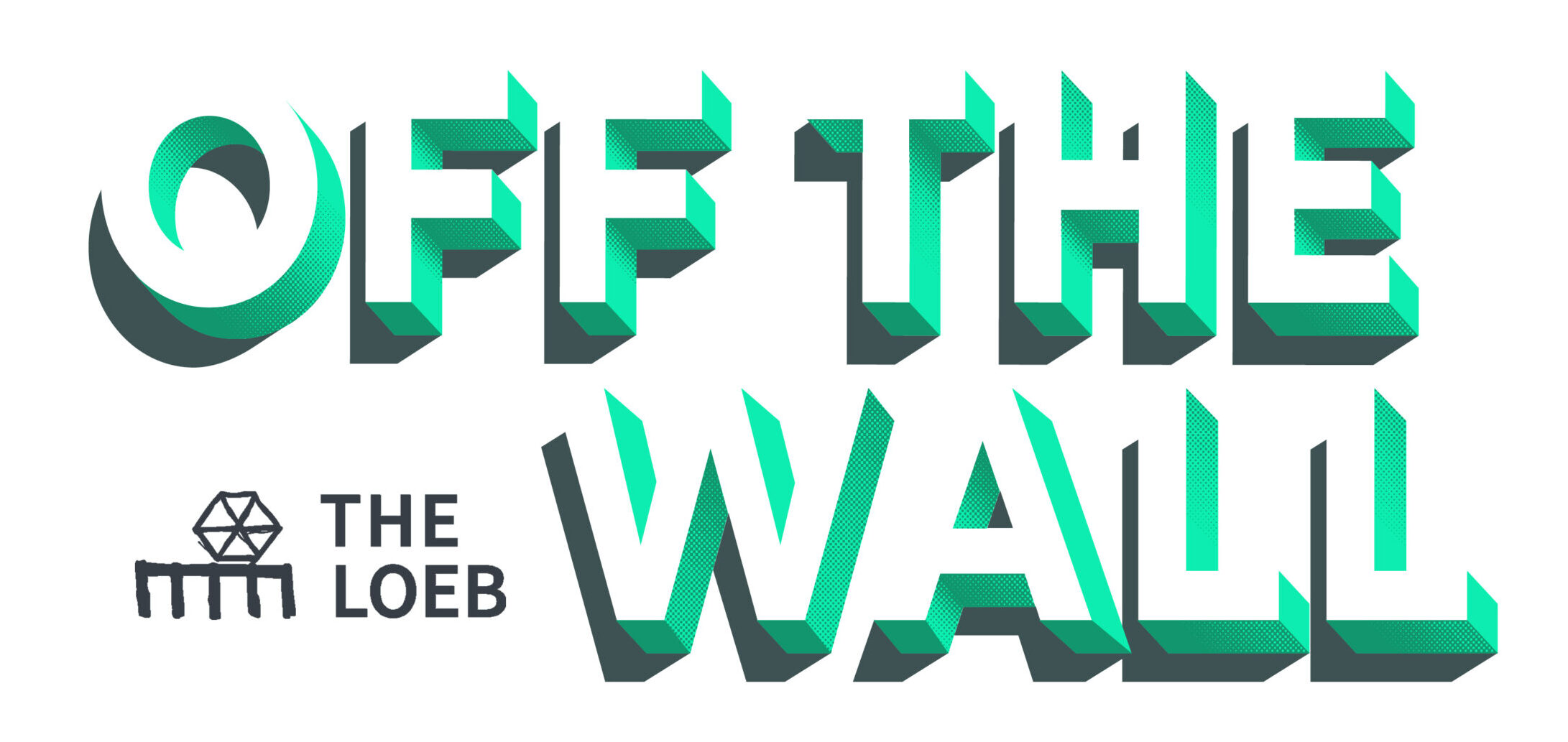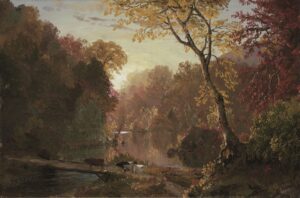For today’s post, Sarah Harshman, class of 2011 and Art Center student docent, interviewed Amelia Rauser, Associate Professor of Art History at Franklin & Marshall College. Rauser contributed an essay, “Amoral Humor: Desire and Mockery in Rowlandson’s Comic Art,” in the catalogue for our current exhibition, Thomas Rowlandson: Pleasures and Pursuits in Georgian England.

Sarah Harshman: How did your involvement with the Thomas Rowlandson catalogue originally come about? What was the experience like?
Amelia Rauser: The curator, Patricia Phagan, invited me to participate by contributing an essay for the catalogue. I guess she had read my previously published work on some of Rowlandson’s political prints. She sent me a dossier of all the images she expected to use in the show, and an essay explaining the show’s themes and focus. I took it from there.
SH: Are there particular challenges that modern audiences face when viewing Rowlandson’s works?
AR: The specific political and social situations that Rowlandson parodies are quite distant from us, of course– who was Charles James Fox and why should we care? Sometimes there’s a lot of explaining that has to be done before the particularly fine points of the satire can be grasped. But Rowlandson is easier in this respect than some other satirists of his time, because his approach was so indiscriminately bodily. Everyone slips, lusts, tumbles, vomits, and looks ridiculous at some point in their lives, and because those basic farcical situations are so often present in his work, we need little introduction to appreciate at least that first level of satire. In the shallower satires, that might be all there is. In the richer ones, that first level of humor draws us in to thinking more about the deeper levels of significance.
SH: How do you think today’s viewers approach these works? Does the fact that we are more accustomed to seeing detached and sometimes sexualized images of political themes change our response?
AR: We are all postmodern ironists, so satire is second nature to us! Like many people of my generation, I revere Jon Stewart and Stephen Colbert– it sometimes seems as if only the ironist, the satirist, dares to really speak the truth. The political satire of the late 18th-century spoke to similar feelings of betrayal and disillusionment that many people feel today. In such a context, the effect of “unmasking” that caricature creates is deeply satisfying because it reassures us both that we are smart enough to see through the deceptive mask (whether that mask is a politician’s image or an advertising slogan), and that there IS a core truth there somewhere, if we only look hard enough.
I do think we’re actually less comfortable with the body than they were then. Sure, we see a lot of sexualized images, but other elements of embodiment– ingesting and excreting, birthing and dying, disfigurement and aging and injury– are more taboo or distant from us than they were to our 18th-century forebears. Our bodies are washed, perfumed, shaved, highlighted, and otherwise altered in extreme ways– even as we profess to be natural, casual, authentic people who hate artifice and would never wear something as bizarre as a powdered wig!
SH: What are you hoping visitors who experience Rowlandson’s work will learn? Will appreciate?
AR: I hope they appreciate the wit, smarts, and worldliness of Rowlandson’s age. Sometimes we condescend to the past, feeling that we know better. Only by digging in to the rich primary documents of history—words and images—can we really get a sense of the texture of the time. Rowlandson was working during the era of the American Revolution, a period whose meaning is particularly contested right now in our own political discourse. I hope we can learn from caricature how not to caricature the past.




